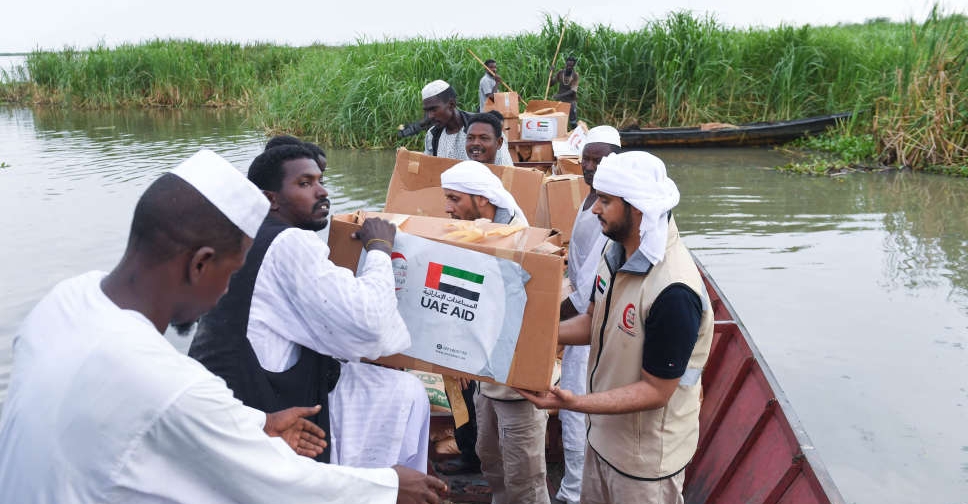
The UAE remains steadfast in its commitment to alleviating the humanitarian crisis in Sudan, with aid touching $3.5 billion over the last decade.
Since the outbreak of the conflict in 2023, the UAE has provided $600.4 million in humanitarian aid to the Sudanese people, including a $200 million pledge made at the High-Level Humanitarian Conference for the People of Sudan held in Addis Ababa in February.
The UAE launched an air bridge that deployed 162 aircraft carrying essential food, medical, and relief supplies. In addition, the UAE dispatched multiple humanitarian aid ships to support those affected within Sudan as well as Sudanese refugees in Chad and Uganda, delivering 13,168 tonnes of food, medical, and relief items.
It reflects the UAE’s commitment to fostering a comprehensive regional and global response to the crisis in Sudan, coordinating relief efforts to alleviate the suffering of the Sudanese people and extending support to those in need.
Following the directives of President His Highness Sheikh Mohamed bin Zayed Al Nahyan, the UAE inaugurated the Madhol Field Hospital in March in the Northern Bahr el Ghazal state of South Sudan to significantly improve the access to quality healthcare. The 100-bed capacity hospital – under the supervision of the International Humanitarian and Philanthropic Council – offers several specialised clinics to treat two million people. It’s the third healthcare facility built by the UAE to support Sudanese refugees in neighboring countries. The first two field hospitals in Amdjarass and Abéché, Chad offers medical care to approximately 90,000 people.
During the inauguration, Sheikh Shakhboot bin Nahyan Al Nahyan, Minister of State, highlighted that “Madhol Field Hospital embodies the legacy of generosity and giving established by the late Sheikh Zayed bin Sultan Al Nahyan”.
Furthermore, he underscored the UAE’s unwavering commitment to work alongside regional and international partners to ensure stability and peace for the Sudanese people.
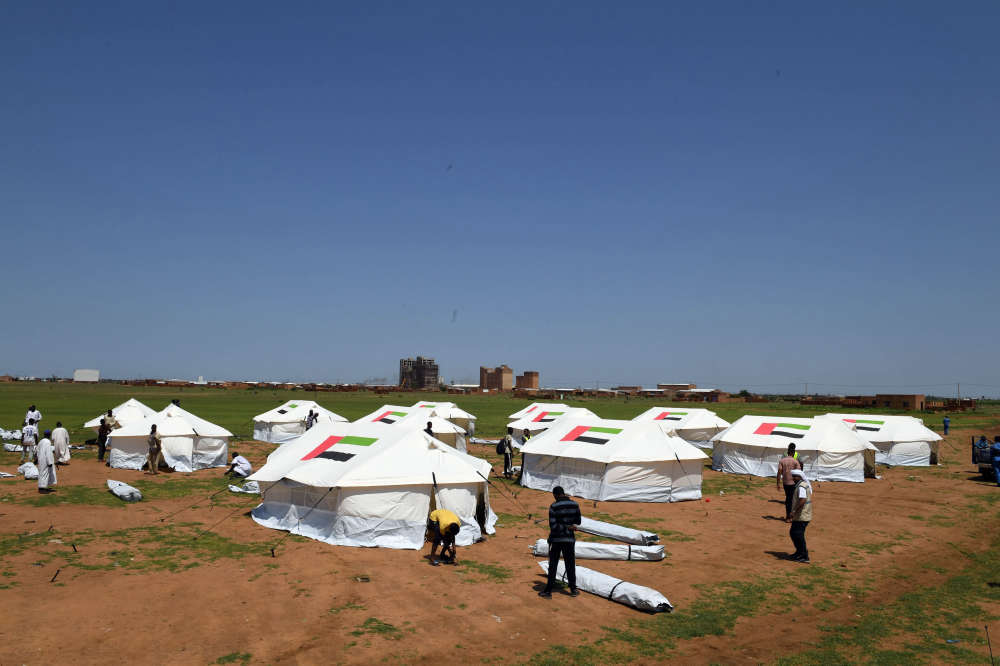
In March, Sheikh Shakhboot had visited the Gorom Refugee Camp in South Sudan’s Juba to mark Zayed Humanitarian Day and reiterated the need to strengthen humanitarian responses.
In April 2024, the UAE pledged $100 million for humanitarian initiatives in Sudan and its neighbouring countries, and pledged an additional $10.25 million to the United Nations to support Sudanese refugee women affected by the ongoing crisis.
At the time, Reem bint Ebrahim Al Hashimy, Minister of State for International Cooperation, said, "Through this additional contribution, the UAE reaffirms its unwavering commitment to supporting those affected by conflict, especially women and children, who are often the most vulnerable.”
Notably, the UAE plans to implement additional developmental projects, such as drilling eight water wells and constructing 16 health facilities in the Kiryandongo Refugee Camp, that aim to enhance the living conditions of Sudanese refugees.
In support of education, the UAE signed a US$4 million agreement with UNICEF to support Sudanese refugee education in Chad.
In a report issued in January 30, the World Food Programme (WFP) said it is working tirelessly to scale up food and nutrition assistance for millions across Sudan, aiming to double the number of beneficiaries to reach 7 million people.
Since launching its large-scale food aid campaign in late 2024, WFP has managed to access hard-to-reach locations, including Zamzam camp in North Darfur, South Khartoum, and Jebesh in West Kordofan.
Sudan continues to face a catastrophic humanitarian crisis, with approximately 24.6 million people – nearly half the country’s population -- experiencing acute food insecurity and the displacement of 1.1 million people.
Sudan has long been a central focus of the UAE’s humanitarian work, beginning in the 1970s when the UAE’s Founding Father, the late Sheikh Zayed bin Sultan Al Nahyan, supported the development of the Haiya-Port Sudan Road, which played a pivotal role in the country’s commercial, industrial and agricultural growth.
Since then, the UAE has continued to launch developmental and economic projects in Sudan, boosting foreign investment, creating job opportunities, and offering consistent humanitarian support during times of crisis.



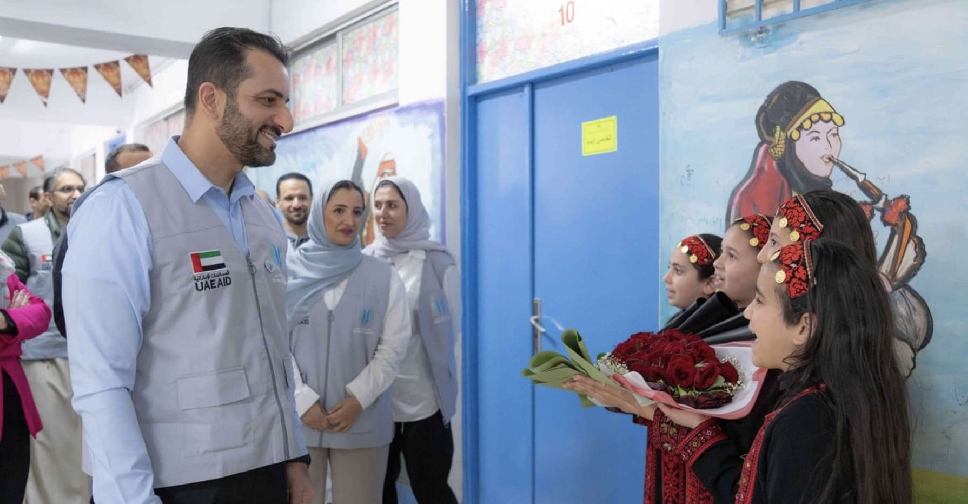 H.H. Sheikh Sultan tours Palestinian refugee camp in Jordan
H.H. Sheikh Sultan tours Palestinian refugee camp in Jordan
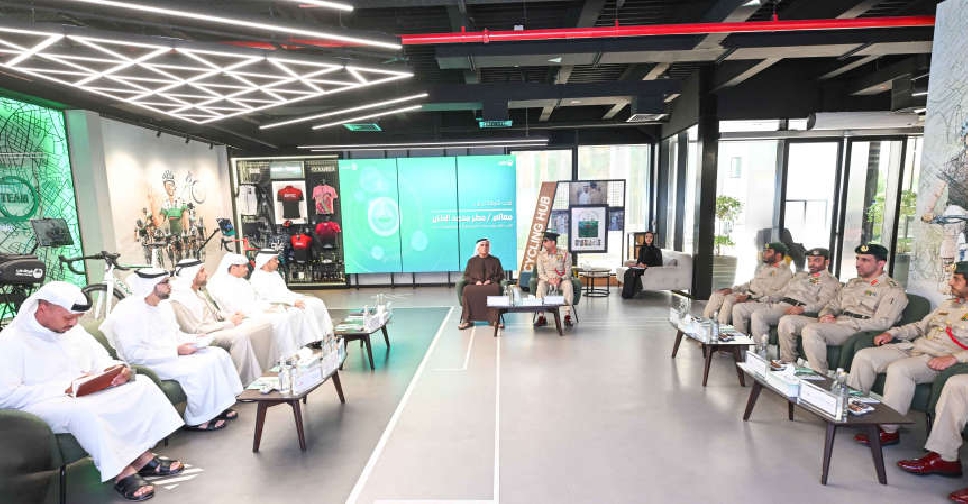 RTA announces Personal Mobility Monitoring Unit
RTA announces Personal Mobility Monitoring Unit
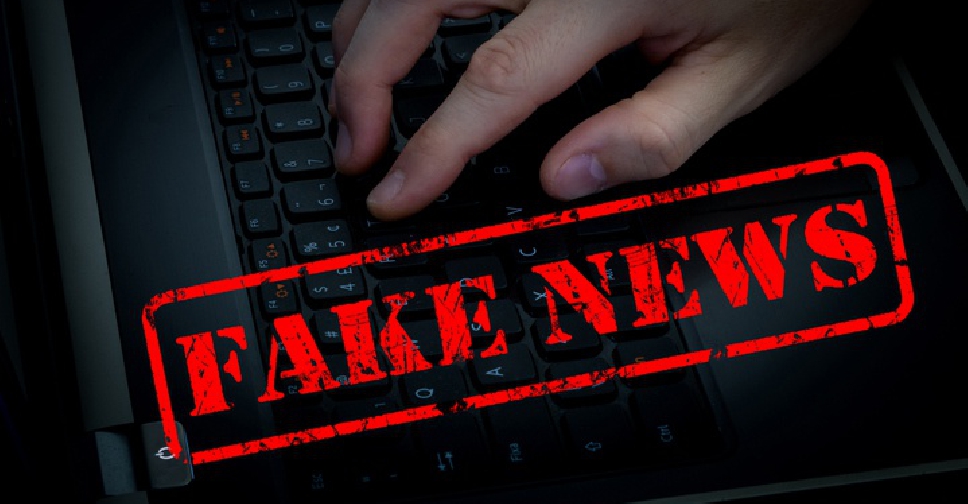 Abu Dhabi Police warns against spreading misinformation
Abu Dhabi Police warns against spreading misinformation
 Dubai hosts world's largest peace summit featuring 12 Nobel laureates
Dubai hosts world's largest peace summit featuring 12 Nobel laureates
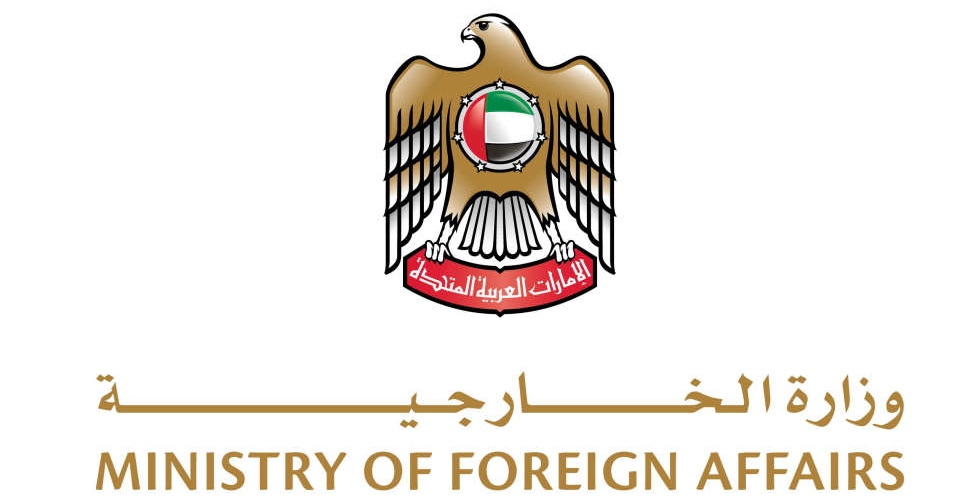 UAE mourns victims of Dominican Republic building collapse
UAE mourns victims of Dominican Republic building collapse






